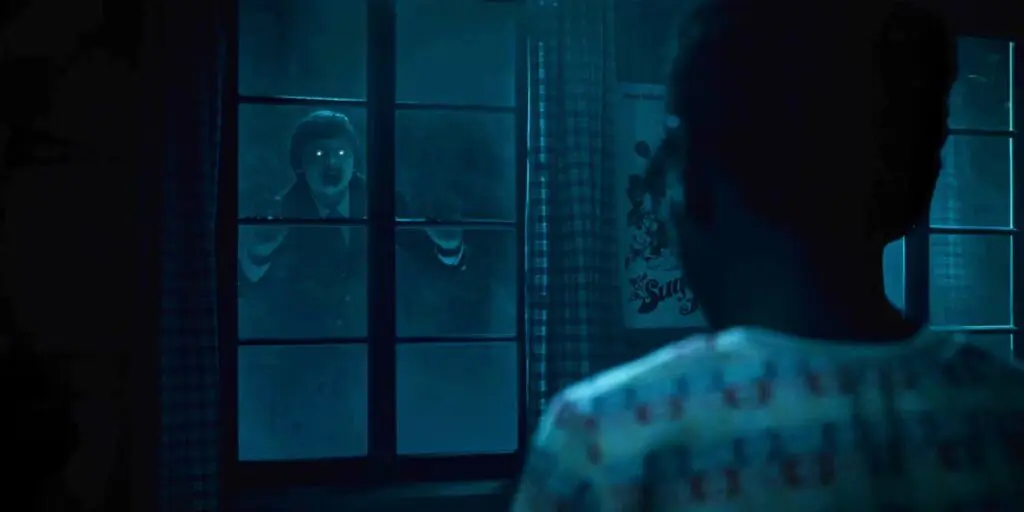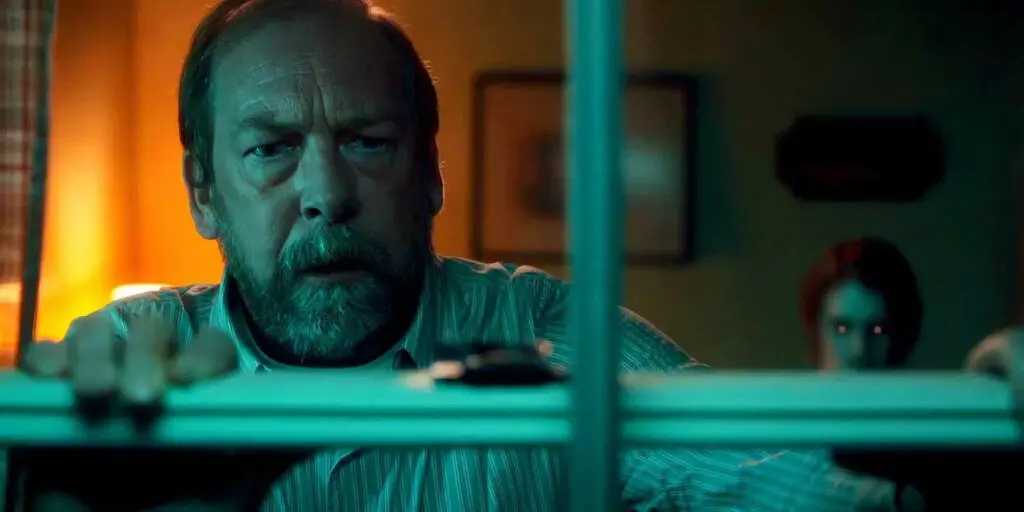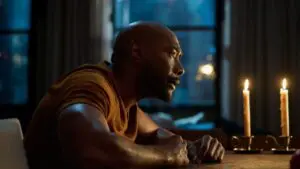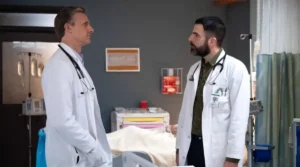Summary
This toothless, bloodless remake of Salem’s Lot is truly anemic, and outside of being good for a few puns, it would have been better left on the shelf.
While I’m trying my best to avoid vampire puns, this long-shelved remake of Salem’s Lot doesn’t make it easy. Toothless. Anemic. Bloodless. These are all adjectives that unfortunately apply, with the pointless 2024 redo of Stephen King’s classic vampire novel a far cry from Tobe Hooper’s 1979 take.
I don’t know what happened. The movie was announced in 2019, shot in 2021, added to in 2022, and then kept in a coffin until now. James Wan (The Conjuring) and Gary Dauberman (the screenwriter of It and Annabelle, keeping things in the family somewhat) presumably had a lot of their original vision left on the cutting-room floor, which is perhaps just as well. King himself campaigned for the film’s release – maybe he saw the original version.
The version we get – which is streaming on Max – follows the same basic principles as the novel. It’s set in 1975 in the no-account town of Jerusalem’s Lot, Maine, where troubled author Ben Mears (Lewis Pullman morphing into his father in real-time) returns for novelistic inspiration. He’s immediately a local celebrity, attracting the attention of the awkward but very pretty librarian Susan (Mackenzie Leigh), but he’s not the only recent arrival, and the other one is more worrying.
Straker (Pilou Asbæk, relishing the villain role once again) is a herald of much darker things to come, namely a long-dormant vampire named Barlow who has chosen the sleepy town as his hunting ground. While attention is focused on Mears, Straker makes sinister moves on the town’s children – namely Danny and Ralphie Glick (Nicholas Crovetti and Cade Woodward) – to find a suitable sacrifice to return his master to power.
With evil brewing, Mears and Susan team up with some other locals, including open-minded schoolteacher Mr. Burke (Bill Camp), lapsed priest Father Callahan (John Benjamin Hickey), Dr. Cody (Alfre Woodard), and fearless new boy Mark (Jordan Preston Carter), to prevent Barlow from enacting his toothy plot.

Salem’s Lot | Image via Max
I like the Salem’s Lot novel, but I can see how it would be difficult to adapt under any circumstances, let alone these ones. A story very dependent on atmosphere, texture, and complex small-town politics quickly becomes ridiculous when it’s presented on fast-forward like this, with all the more intriguing corners – and a lot of the darker ideas – cut for the sake of brevity.
Salem’s Lot (2024) is, truly, toothless. It flinches away from brutality at every opportunity, letting all the fun stuff occur off-screen after tortuous build-ups to tame jump-scares. I get that not everyone’s inclined to see children being butchered, but a lot of the original story’s power lives in those spaces, in the idea of an evil so profound that it doesn’t discriminate by age.
All the thematic underpinnings are the same. Callahan is especially neglected, his complex battle with his faith trimmed out almost entirely until it’s required for a specific moment. The pace at which everyone just accepts there are vampires in town feels preposterous, and even more so when you see them floating around with glowing eyes like puppets on strings.
I’ll give the movie one thing – its climax, set in the town’s drive-in theatre at sundown, is quite inspired and is almost worth putting up with the listless nonsense that precedes it. But it still feels like too much of Salem’s Lot’s true essence – its ideas of faith, freedom, and fading Americana – was deemed surplus to requirements, and what’s left was, like Barlow, better left in storage.




